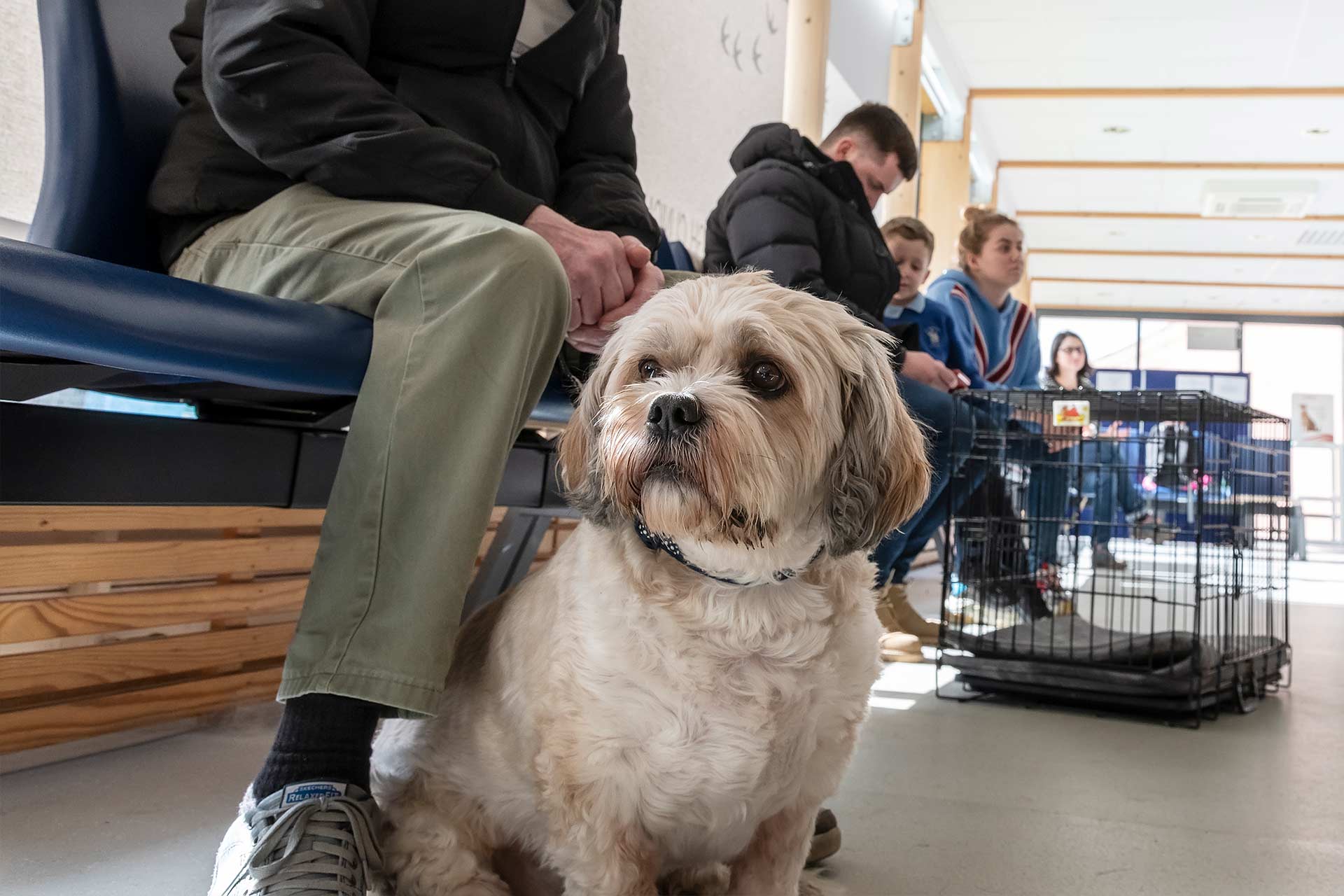
Patient-based research
Undertaking research to generate key, primary evidence that can be used be used by veterinary surgeons, animal owners, researchers and the animal health industry to achieve optimal outcomes for veterinary patients.
We perform high-quality and innovative research that generates important primary evidence that can be used by veterinary surgeons and animal owners when making informed decisions about veterinary care.
Researchers based within the School of Veterinary Science’s veterinary hospitals, diagnostic laboratories and practices work in conjunction with other researchers within and outwith the University and collaborate with multiple veterinary professionals nationally and internationally, including corporate and independent veterinary and other industrial partners.
Our research covers a range of clinical disciplines and research areas addressing important clinical challenges in a variety of animal species.
We conduct observational studies, investigating different diseases in a range of veterinary patients helping to identify animals at high risk of disease, ways in which disease may be prevented, or predicting the likely outcome of veterinary treatment.
We also run clinical trials and other interventional studies on our veterinary patients including horses, companion and farm animals to determine the best treatment options in order to achieve optimal outcomes for veterinary patients and their owners.
All our research is conducted to the highest possible welfare standards and with informed owner consent. Our research projects all undergo ethical review by the University’s Veterinary Ethics Research Committee prior to being approved.